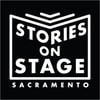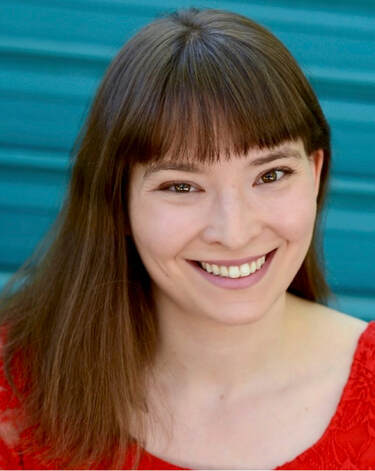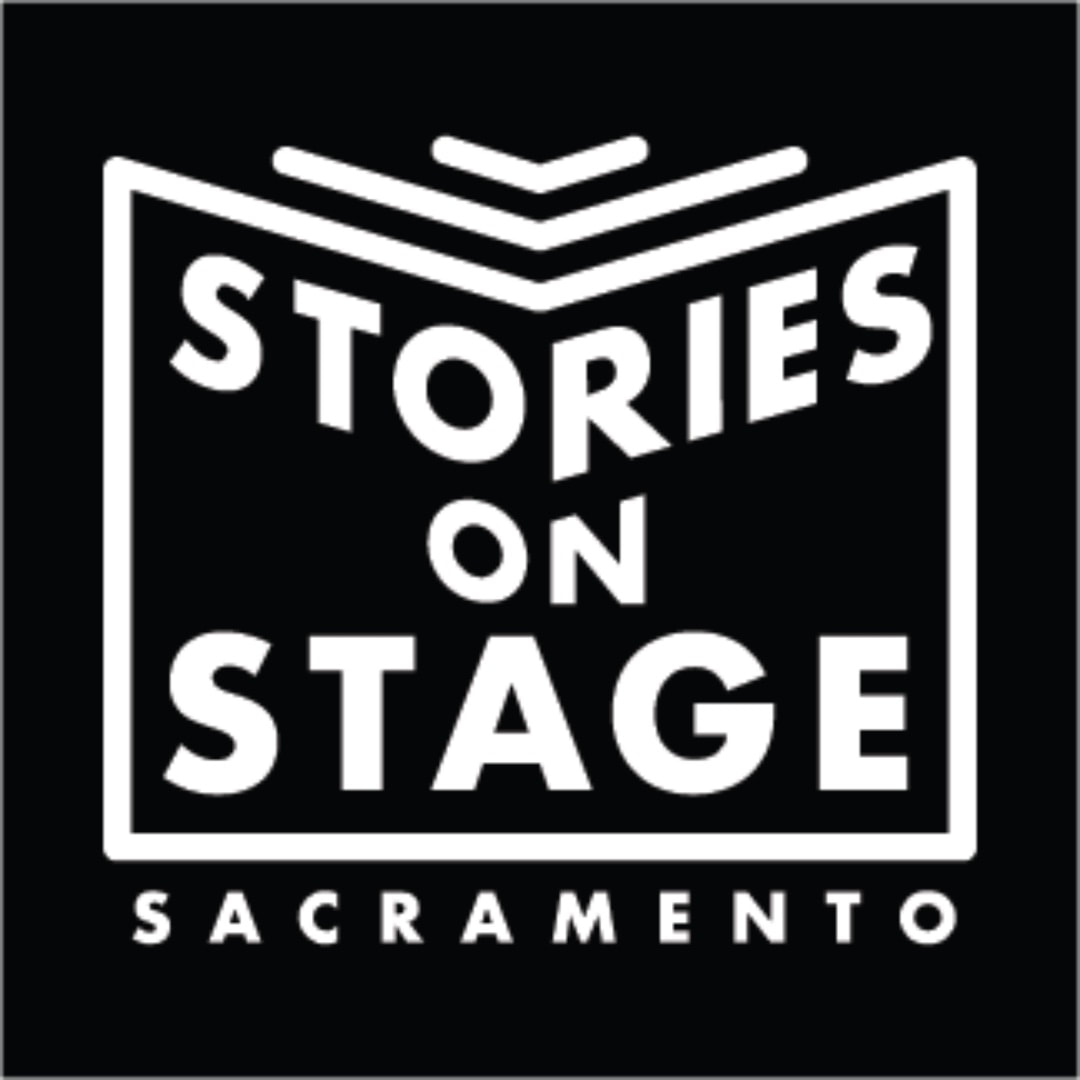|
This month, actor Sarah Rothaus will join SOSS to read an excerpt from Steve Almond’s debut novel All the Secrets of the World and “City of Angels” by Leslie Kirk Campbell. Our casting director Jessica Laskey talked to Rothaus about how she got into the business, why she loves a challenge and what it’s like playing someone much younger than herself.
Jessica: Sarah, I met you when you were a student at Sacramento Theatre Company’s Young Professionals Conservatory, a training program for students who are interested in pursuing careers in professional theater. Is that how you got into theater? Sarah: I actually watched a bunch of theater as a kid—my parents took me and my sister to the musicals coming through town. I was a weird kid, so seeing other people do fun, weird stuff up on stage made me think, I could do that! I did a lot of educational theater growing up, including in high school at West Campus. Then I found out about YPC and thought I’d give it a try, since I knew that theater was what I wanted to do. It certainly kept me busy through high school. I learned a lot—I went in all naïve about how everything worked, so I was able to hone my skills and be more of a professional and figure out the craft. When I finally got to do a Mainstage show, it really cemented my love of theater—I played a pirate in Treasure Island. I got to be a badass and I also met a bunch of professional actors who were mainstays at the professional theaters in the region, which helped me make connections and grow my career network. Jessica: You studied theater at Willamette University in Salem, Oregon. Why Oregon? Sarah: It was between there and Occidental in LA—I knew I wanted a small school with a BA program because I wanted to study things other than acting to get a well-rounded education. Both campuses were gorgeous, but I saw a picture of Oxy and the sky was brown. I thought, give me clean air and weather and rain, so I picked Willamette. Jessica: You also got to study abroad at the British American Drama Academy, correct? Sarah: Yes! I went to London as a junior for a semester abroad. That was my BFA-style training experience. It was intense but also really rewarding because everyone was so cool and supportive. It was one of very few situations in the theater where I didn’t feel like I was in competition with anyone. London is amazing and I miss it every day. Jessica: Since college, you’ve been quite active in the local theater scene. You participated in the Capital Stage apprenticeship program, became a company member at Big Idea Theatre, performed on a B Street Theatre school tour and did several shows with Davis Shakespeare Festival—where you worked with Ian Hopps, our other April actor! How is it being a working actor? Sarah: I’m trying to get work when I can, but I’ve had a lot of odd jobs here and there. I’ve been a barista, I taught chess for an after-school program, I had a short-term gig helping proctor standardized tests for elementary schools all over the lower Central Valley, I worked for the Shepard Garden & Arts Center in McKinley Park, I was a receptionist at a doggy daycare. I’m always trying to find employment that works with getting acting jobs where I can work more on my own. Jessica: Is it nice to finally be back to performing in person? Sarah: What I love about acting is getting to play around in the rehearsal room and figure things out. I call it “creative problem-solving”—if I try it this way, will it be a better way to tell this story in this particular moment? You’re working on making it consistent but also new every time. Being back in person with another actor is amazing to be able to play off each other, plus having an audience react and having that energy in the room. Being on a screen is just not the same. Jessica: In both stories for this month’s SOSS performance, you’re portraying characters who are younger than yourself. How do you tap into that mindset? Sarah: I start by thinking back to my own experiences at that age and use that as a jumping-off point to relate to the character. Though since I can’t always relate specifically to the character’s situation, I also think about how someone at that age would see the world—how complex (or not) is their understanding of the world and how does that affect their point of view? And what does the text tell me about that? Then from there, I use that as part of the foundation to build the character, because how they perceive and react to what’s happening around them informs so much of how I tell their story.
0 Comments
Leave a Reply. |
|
Who We AreLiterature. Live!
Stories on Stage Sacramento is an award-winning, nonprofit literary performance series featuring stories by local, national and international authors performed aloud by professional actors. Designated as Best of the City 2019 by Sactown Magazine and Best Virtual Music or Entertainment Experience of 2021 by Sacramento Magazine. |
|


 RSS Feed
RSS Feed
